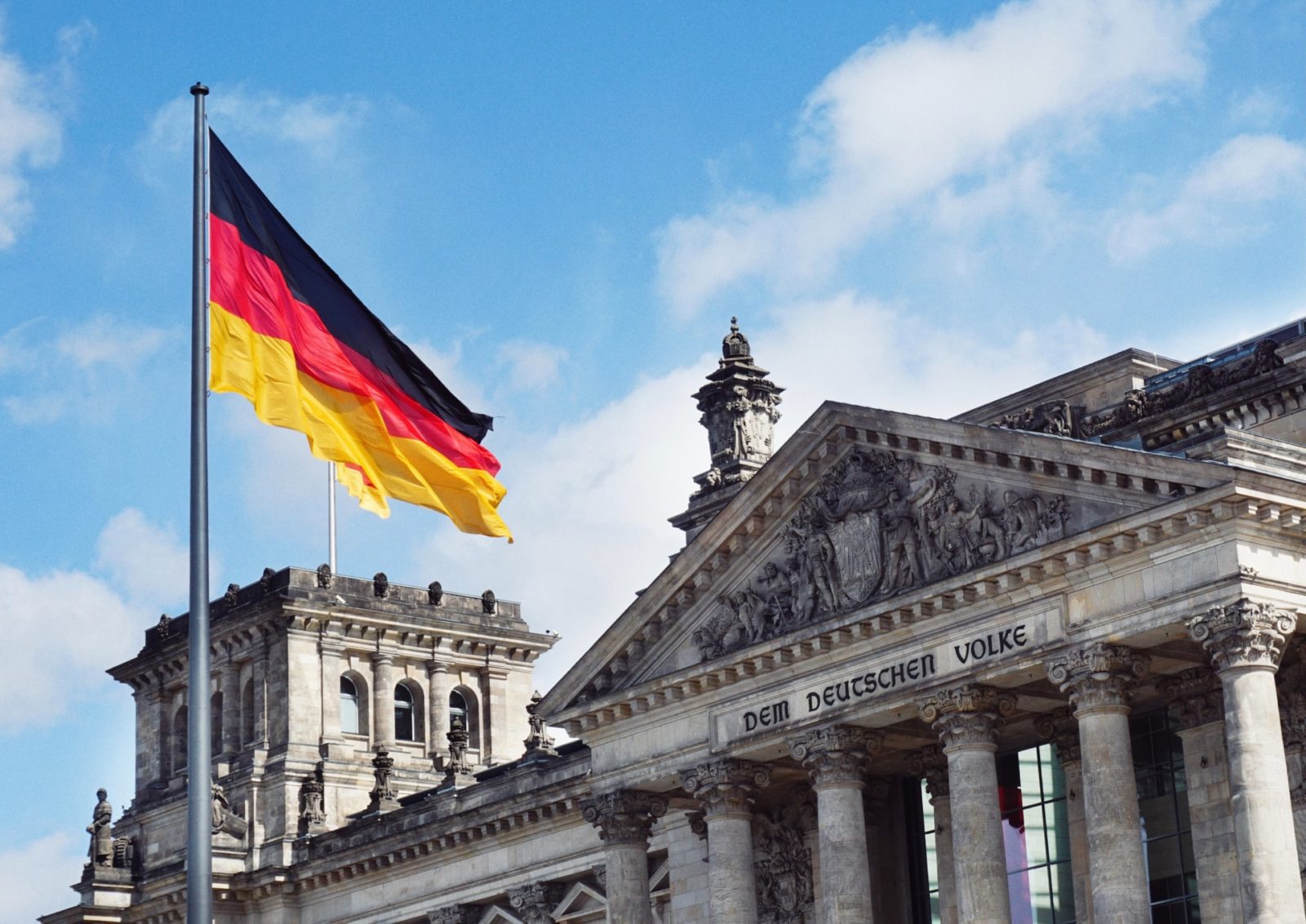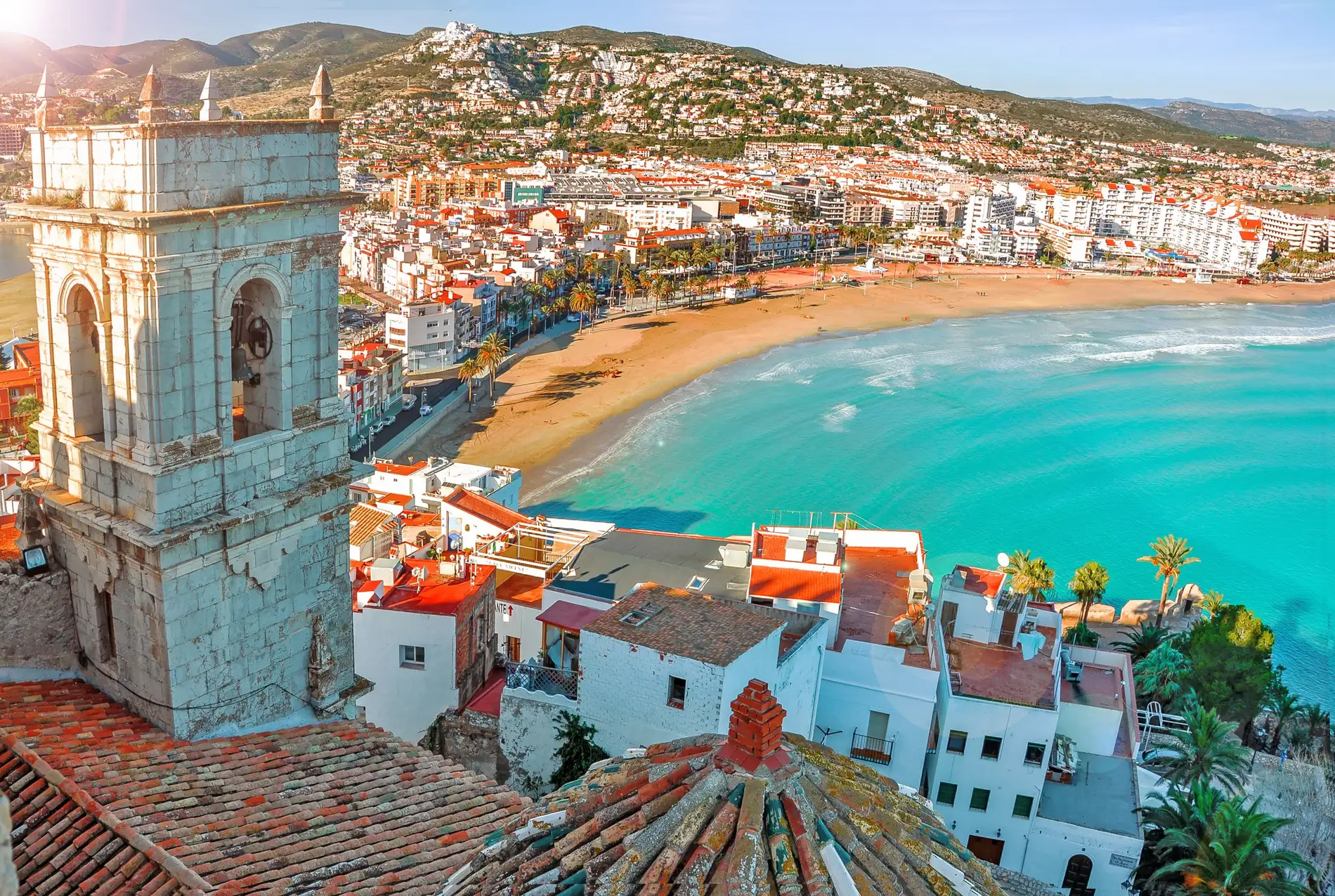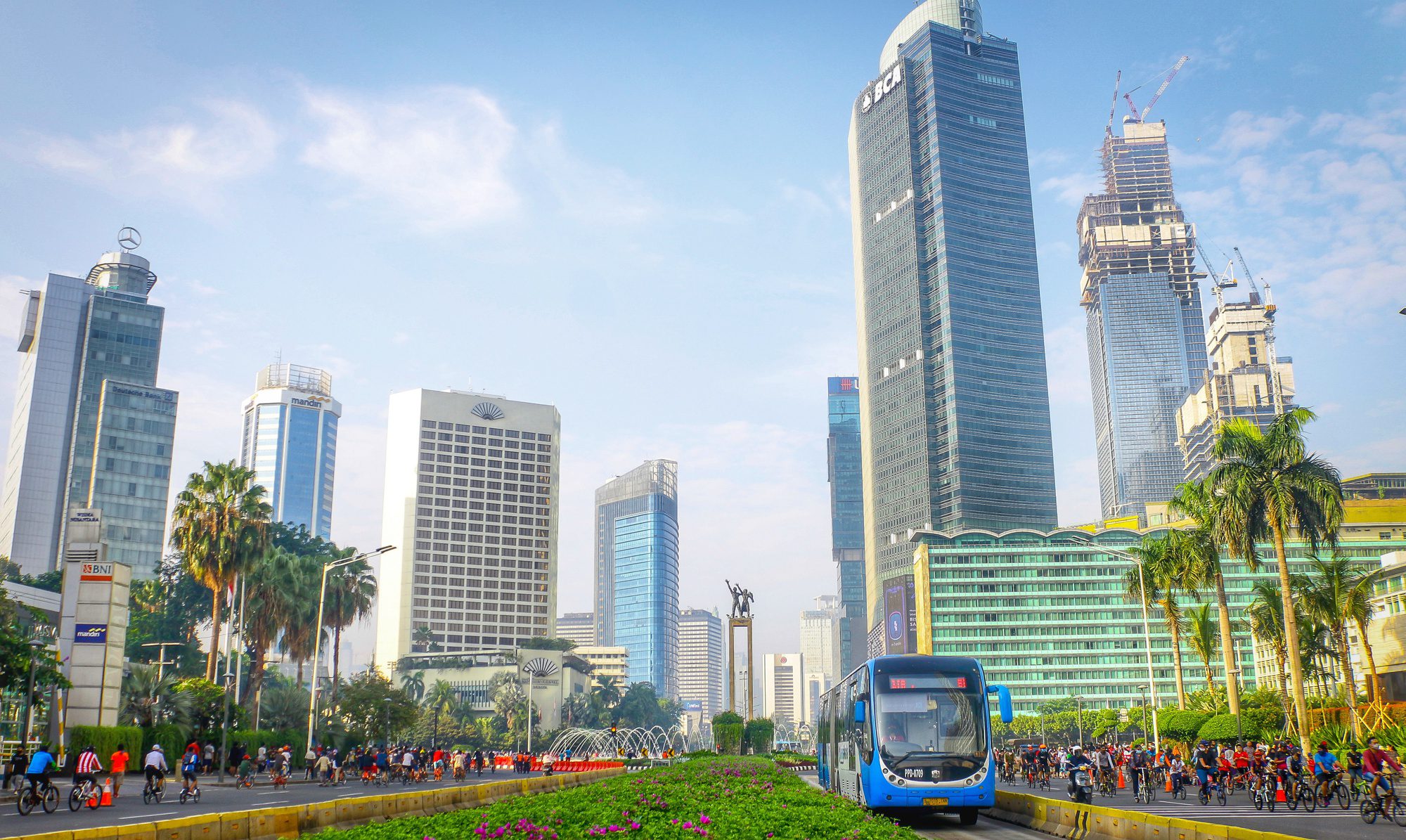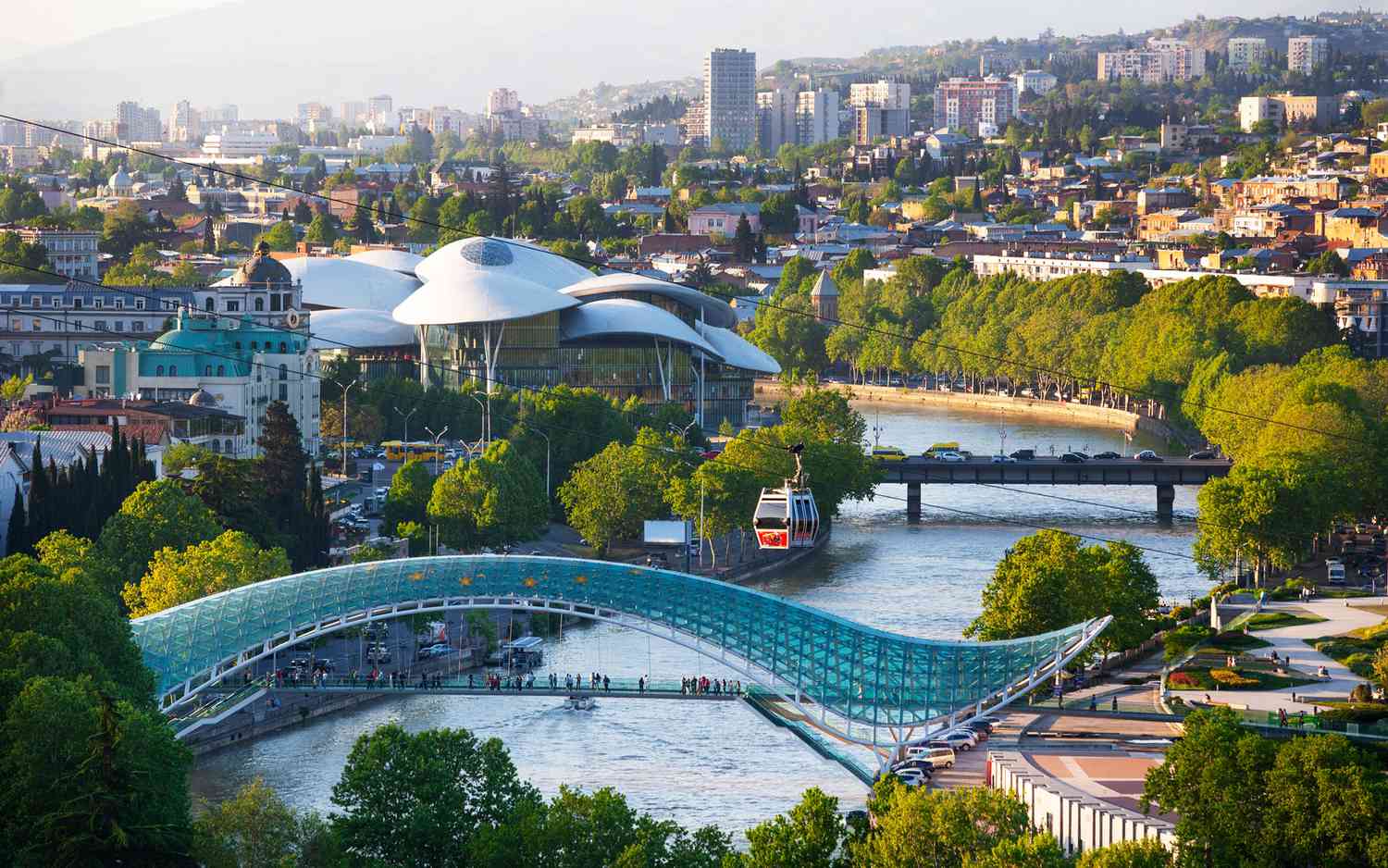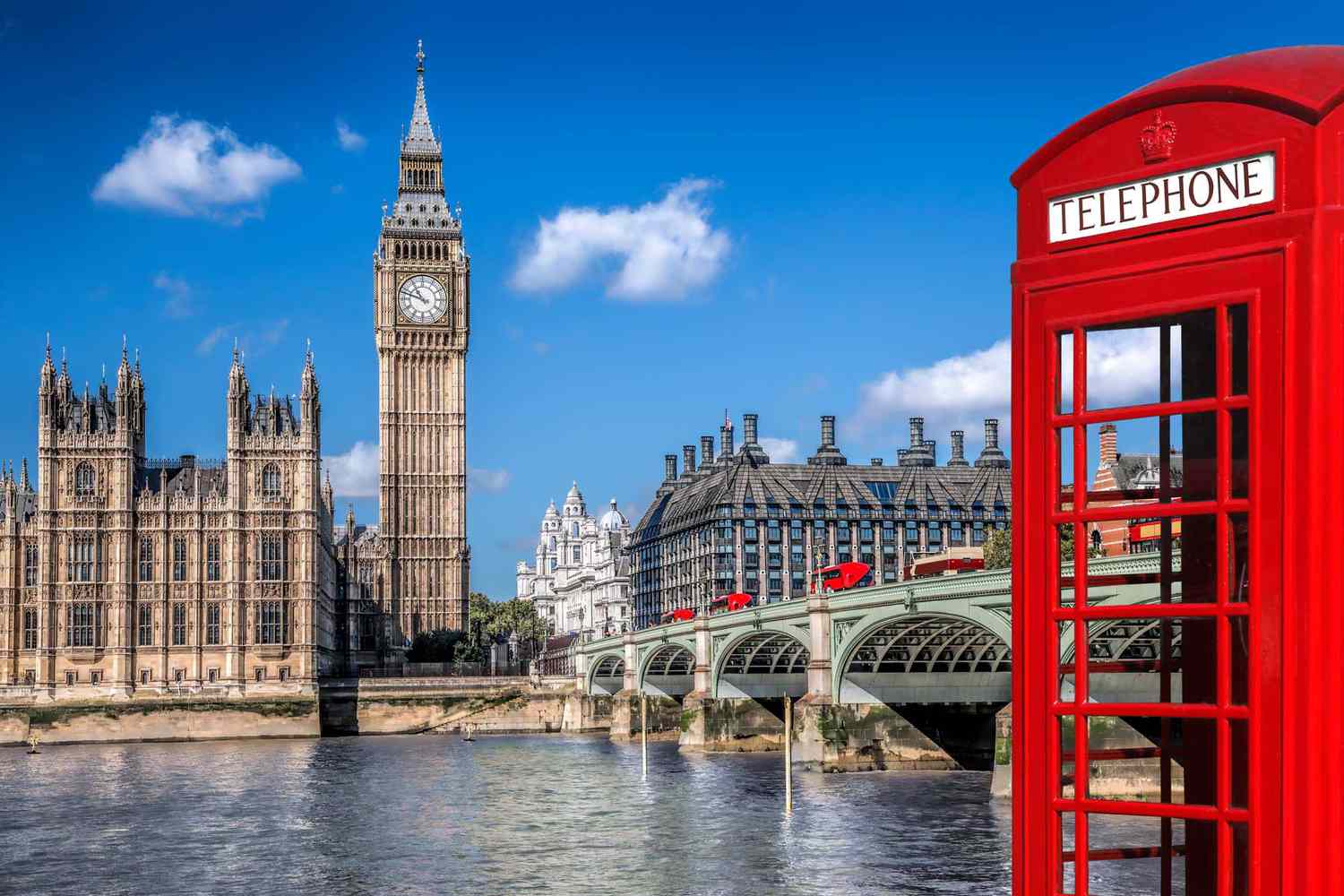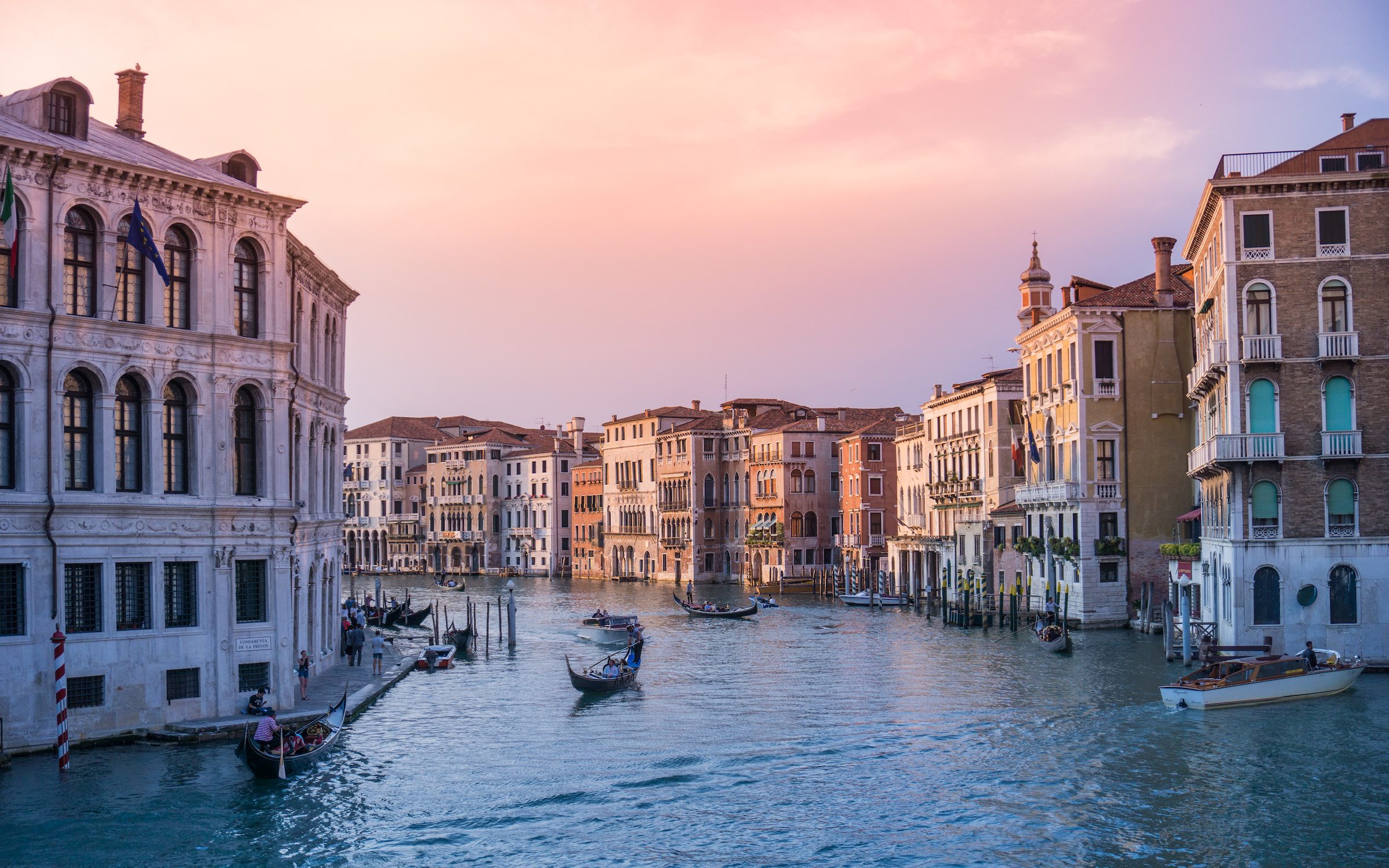Property for sale in Germany
Germany is the leading market in Europe, driving much of the economic growth within the European Union. The country’s economy is robust and diverse, with key sectors such as services and manufacturing playing significant roles. Strategic location at the center of Europe, surrounded by other EU nations, makes it highly accessible and appealing for businesses. As a result, the country is considered one of the most desirable business destinations globally.
This article will help you to deal with all details of acquiring property for sale in Germany.
The benefits of getting real estate in Germany
Should one make the decision to invest in Germany? The country is consistently regarded as one of the most appealing investment destinations in Europe. Despite the steep prices, purchasing property remains a viable option due to its potential as a secure long-term investment. This is primarily due to the fact that the demand for real estate outweighs the supply in urban areas, and interest rates continue to remain low.
Country’s attractiveness to non-citizens investors is further enhanced by factors such as its well-educated workforce, economic and political stability, robust infrastructure, and the absence of restrictions on foreign property ownership. The nation’s high standard of living, various opportunities, and historical market resilience all contribute to making it a compelling and secure choice for investors.
Real estate market
House prices in a country have seen a significant increase over the past decade, with a 94% rise between 2010 and 2022, surpassing the EU average of 45%. Short-term data from the German Federal Statistics Office shows a consistent year-on-year increase of over 10% for four consecutive quarters between 2021 and 2022. However, analysts predict a potential slowdown, with projections of a 7% rise in 2022, followed by a 3% increase in 2023 and a 2% rise in 2024.
Prices differ based on whereabout and housing type, with most city housing being apartments and houses more common in suburban areas. Generally, rural areas tend to have lower prices compared to urban centers. In spite of the overall increase in prices, properties in some cities remain cheaper than in other European states.
Can foreigners buy property in Germany for sale?
Basically, non-citizens are able to purchase housing with no restrictions. Moreover, you can acquire housing unaccompanied by residence permit, but it does not mean that you will receive it after purchasing.
How much is real estate for sale in Germany?
Investment can be a lucrative venture due to the comparatively lower prices in cities like Berlin compared to other European countries. The average price per square meter in a capital is around €3000. However, larger cities like Munich, Hamburg, Stuttgart, and Frankfurt have higher prices.
The cost of housing varies widely, ranging from €10000 for a studio in a small town to millions of euros for luxury apartments in Munich. Rental prices also vary, with properties being leased for €30 to €230 per night based on whereabouts and type.
Many investors choose to acquire real estate in Germany for sale for its strong economy and steady increase in real estate prices, leading to higher rental income and quick returns on investment.
What are the top 7 cities in Germany to buy housing?
Cities that are considered prime locations for real estate investment are Berlin, Cologne, Dusseldorf, Frankfurt, Hamburg, Munich, and Stuttgart. These cities collectively make up approximately 70% of the total real estate transaction volume in the country. Market reports from various brokerage firms regularly track key figures related to these cities’ real estate markets.
How much does a house cost in Germany?
Before purchasing properties for sale in Germany, it’s important to be aware of the various fees that can add up to approximately 10% of the property’s purchase price.
- The highest additional cost is the property transfer tax, which typically ranges from 3.5% to 6.5% of the purchase price, depending on the state.
- Notary and land registration fees, which amount to around 1.5%–2% of the property’s purchase price, are also essential.
- Estate agent fees, shared between the buyer and seller, can be as high as 6% plus VAT, totaling 7.14%.
Should you buy or rent a house in Germany?
Renting is a common choice here, mainly in major cities like Berlin, where the majority of residents rent their homes. The rental market can be competitive, and tenants typically need to provide proof of identification, a credit report, proof of income, and possibly a certificate from a previous landlord. Rental agreements often have minimum tenancy periods of at least two years, with some being indefinite. The National Tenants’ Association in Germany provides support and guidance to renters.
Can expats buy a house in a country?
Expats, whether from the EU or non-EU countries, face no restrictions when it comes to purchasing housing. If you are a resident and employed in Germany, obtaining a mortgage from a German bank should be straightforward without extra conditions. However, foreigners buying housing from abroad may need a larger deposit to secure financing.
How much deposit do I need for purchasing?
It is important to be aware that a substantial deposit is typically required. The standard minimum deposit is 20%, but in certain situations, expatriates may be asked to provide a deposit of 30-40% due to being perceived as higher risk borrowers.
Is buying housing in Germany a good investment?
Certainly! It is a popular destination for both foreign and local investors seeking top-quality and profitable chances. Properties in Germany for sale typically yield annual returns of 3-4%, with some areas in the north of the country even reaching 5-6%. With interest rates expected to remain low for the foreseeable future, this presents a favorable environment for individuals looking to purchase and hold housing in prime locations.
Are there property taxes?
Property tax is calculated based on the assessed value of the housing. The initial rate is 0.35%, which is then adjusted by a municipal factor. This results in an effective tax rate that typically falls between 1.5% and 2.3% of the property’s assessed value. It’s essential for investors to factor in these property taxes when assessing the financial implications of investments.
How can I get a citizenship?
There are three ways to acquire citizenship: by birth, through adoption as a minor, or by naturalization. German citizenship can be obtained through parents’ origin or by being born in a country.
Can I get a German passport if I was born there?
Provided that your parents aren’t German, but are born in a country, you are entitled for citizenship by birth or right of soil.
How can I get residency?
You must live in the country continuously for five years with a valid residence allowance and have maintained a stable livelihood for at least five years, including health insurance and donations to social insurance (pension).
How long do you have to live in Germany to become a citizen?
For applying for permanent residency, you need to have lived here with a residence permit for at least 8 years, or for 7 years with attendance at an integration course, or for 6 years under special integration circumstances.
How can I get permanent residence?
Foreign residents can typically apply for a permanent residence allowance, known as a “settlement permit,” after living in the country for five years. However, some individuals may be eligible to apply sooner, such as non-EU nationals who are married to a citizen. They can apply after 3 years of residency.
How many countries can a German passport enter without a visa?
Citizens of a country can visit 188 states without needing a visa or with a visa-on-arrival. This places the country in second position, up from third place in the previous Henley Index update, alongside France.
How much does citizenship cost?
You have to cover the costs associated with naturalization. The application form fee is 255 euros for adults and 51 euros for children under 16 years old. Additionally, there is a 25 euros fee for the naturalization/citizenship test.


